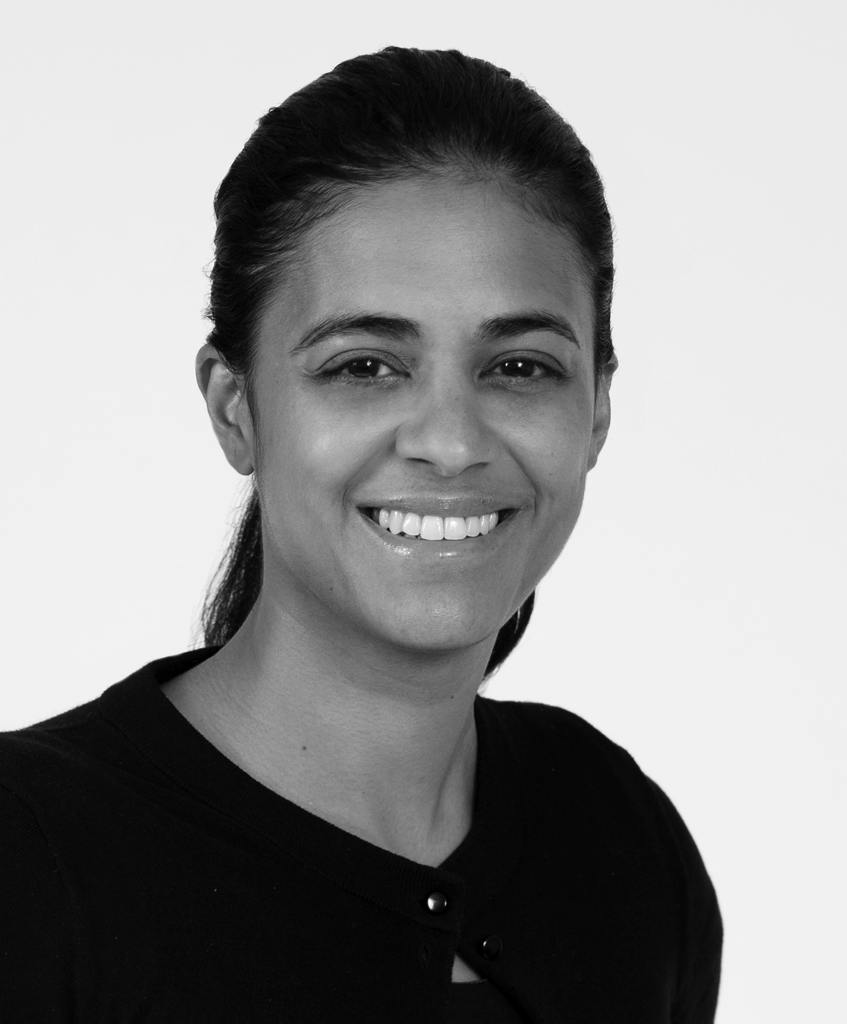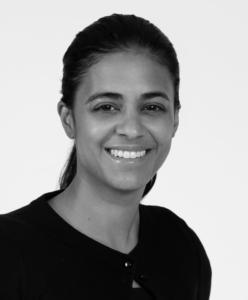by Aryana Khalid
Making decisions about the end of your life is complicated. And it’s even more complicated if you wait until you are really sick to make those decisions. It’s hard to have these types of discussions with our loved ones when the end seems inevitable. It’s hard for us to think about our own mortality when it’s so close to us.
While conversations about advance directives aren’t easy, they are imperative – especially when somebody is living with a degenerative disease like Alzheimer’s or another form of dementia. There comes a point in the course of the disease where they won’t be able to communicate their wishes.
A November 2017 poll from Kaiser Family Foundation found that older adults and their families are more likely to feel their medical wishes are being followed if the wishes are written down. The poll found family members who say a seriously ill relative has documented his or her wishes in writing are twice as likely to say they know exactly what the relative wants for medical care than for a relative without documented wishes (53 percent versus 23 percent). Furthermore, family members who discussed medical wishes with their seriously ill relative were more than three times as likely to know exactly what the relative wanted (58 percent versus 16 percent).
This is why thinking about what you really want at the end of your life NOW is so important.
I am not a clinician, but started my career working in hospital administration. One situation had a profound impact on me, and has driven my passion for end of life issues. It’s a story we have all, unfortunately, heard before.
An elderly woman was brought into the hospital through the emergency room with a Do Not Resuscitate (DNR) order. Despite that, her family insisted she be resuscitated. I am sure it is because they were not ready to let her go. The hospital, physicians, nurses obliged the family’s wishes, likely for liability reasons and because the voices saying resuscitate her were much louder than the voice on the DNR. They pounded her chest and brought her back to “life.”
I remember thinking to myself, ‘What kind of system is this that we are not honoring her wishes? Where did the system fail that a voice was given more to her loved ones who could speak loudly than to the woman who had clearly articulated what she wanted through her DNR?’ The woman died a couple of days later, hooked up to numerous machines.
Years later, I would have my own much more deeply personal experience with end of life. My mother was diagnosed with an incurable form of cancer. She was given three to four months to live, she lived for 16. I was one month pregnant with her first grandchild when she was diagnosed. She was 56 when she passed.
My mother was a religious person and believed until the end that Jesus would save her. When we initially discussed what she wanted at the end of life, she didn’t want to discuss it or said she wanted “everything.” She really wouldn’t engage in the conversation with me, her daughter, who is an advocate for advance directives.
We were lucky. We had some amazing doctors and nurses who could engage her in conversations about her wishes. I am still not sure how, but the clinicians got my mother to tell them about what it is she really wanted should the end come. Did she want to be in the hospital? Did she want to be hooked up to machines? Would she rather be home enjoying time with family and her new grandchild? How did she want her pain managed?
She ended up filling out the Five Wishes forms and was very clear about what she did and did not want. And like most of us, she wanted to be home, to enjoy her life, and to have her pain managed. While I mourn my mother almost every day nearly five years later, she gave my family the greatest gift by being clear about what she wanted and what she did not want. When she passed, my brother, husband, family, and I could celebrate her life and grieve. We didn’t have to question whether we made the right decisions on her behalf. We could just be in the moment. We did exactly what she wanted because we had the conversation.
I know these conversations are not easy. None of us want to think about our own mortality. But as the saying goes, “there are two things certain in life, death and taxes.”
These conversations are even more important if you have Alzheimer’s or other forms of dementia. These are particularly cruel diseases because they take away your voice and can change your personality as they progress. This trajectory complicates what is already a complicated conversation. The imperative to address your end of life wishes as somebody living with Alzheimer’s or another form of dementia takes on a new meaning and is that much more important, not only for the person with the disease but for their loved ones and caregivers as well.
Here are my five wishes:
My first wish is that organizations who focus on aging issues share advance directive planning tools not only with patients and clients, but with their loved ones and caregivers as well. Tools like Five Wishes are an important part of the conversation. To avoid what I saw in the hospital, we must get loved ones and caregivers on board and make them a part of the conversation.
My second wish is that end of life issues cease to be a political third rail; that we never ever hear the words “death panel” again. That politicians and policymakers realize these are people’s lives and honoring them and their wishes should be inherent in all policy goals and regulatory changes.
My third wish is that clinicians continue to get trained on how to have these conversations and then actually have them. For the most part, our health care system does not set clinicians up for success in having these conversations. Based on my own experience with my mom, it takes a very special clinician to pull out what a patient really wants. Let’s get those special clinicians to train others. Let’s tell doctors and other clinicians success is NOT only about keeping people alive and curing them, it’s also about helping them die with dignity.
My fourth wish is that our health care system honors each and every single patient’s wishes whether the medical professionals or administrators fully agree with those wishes or not.
And finally, my fifth wish is that you will reach out to someone today and work on outlining your wishes so that our health care system can respect you and treat you the way you deserve to be treated. Talk to your doctor, nurse, hospital, social worker. Talk to your family. Talk to your religious or spiritual advisor. You have the time now. You may not have the time later. You may not be able to articulate what you want because a disease has taken over. Do it. Don’t be afraid. It’s hard, but it’s not insurmountable. By having this conversation, you are giving your loved ones a gift they will forever be grateful for.
If you want it all and want to be hooked up to machines, then say it and write it down. If you want to be home and have your pain managed, then say it and write it down. If you want something else, then say it and write it down.
Come back and look at what you have written from time to time. Our mindsets change, our viewpoints change, our health changes. And that’s ok. Make sure your loved ones know where you put the piece of paper or even better do it in an electronic format and/or video. In this age of technology there are lot of tools to do this like MyDirectives, Life Messages Media, and In My Own Words.
We deserve respect and dignity on our way in to this world and we deserve it on our way out of this world. So, make sure that you get that by making your voice heard and the loudest one at the table when your day comes.
Aryana Khalid is a managing director for the Glover Park Group. She manages GPG’s health-related work in the Government Affairs Division. Previously, she was an executive vice president at America’s Health Insurance Plans where she was responsible for the internal operations of the association, as well as providing counsel and strategic advice to the President & CEO. Prior to this role, she was Chief of Staff at the Centers for Medicare & Medicaid Services (CMS). Previously, Aryana served as Senator Mark Warner’s health and education legislative assistant. She also served as deputy secretary of health and human resources (HHR) for the Commonwealth of Virginia. Prior to her appointment in state government, Aryana worked for the Hospital Corporation of America (HCA). She was in the chief operating officer development program at HCA and spent the majority of her time working in hospital operations, outpatient services, and strategic planning. Aryana is an end of life advocate, mother to two Zs, wife to one W, and daughter of one amazing woman.
Disclaimer: The views in guest essays are those of the authors and do not necessarily reflect the views of the LEAD Coalition.


